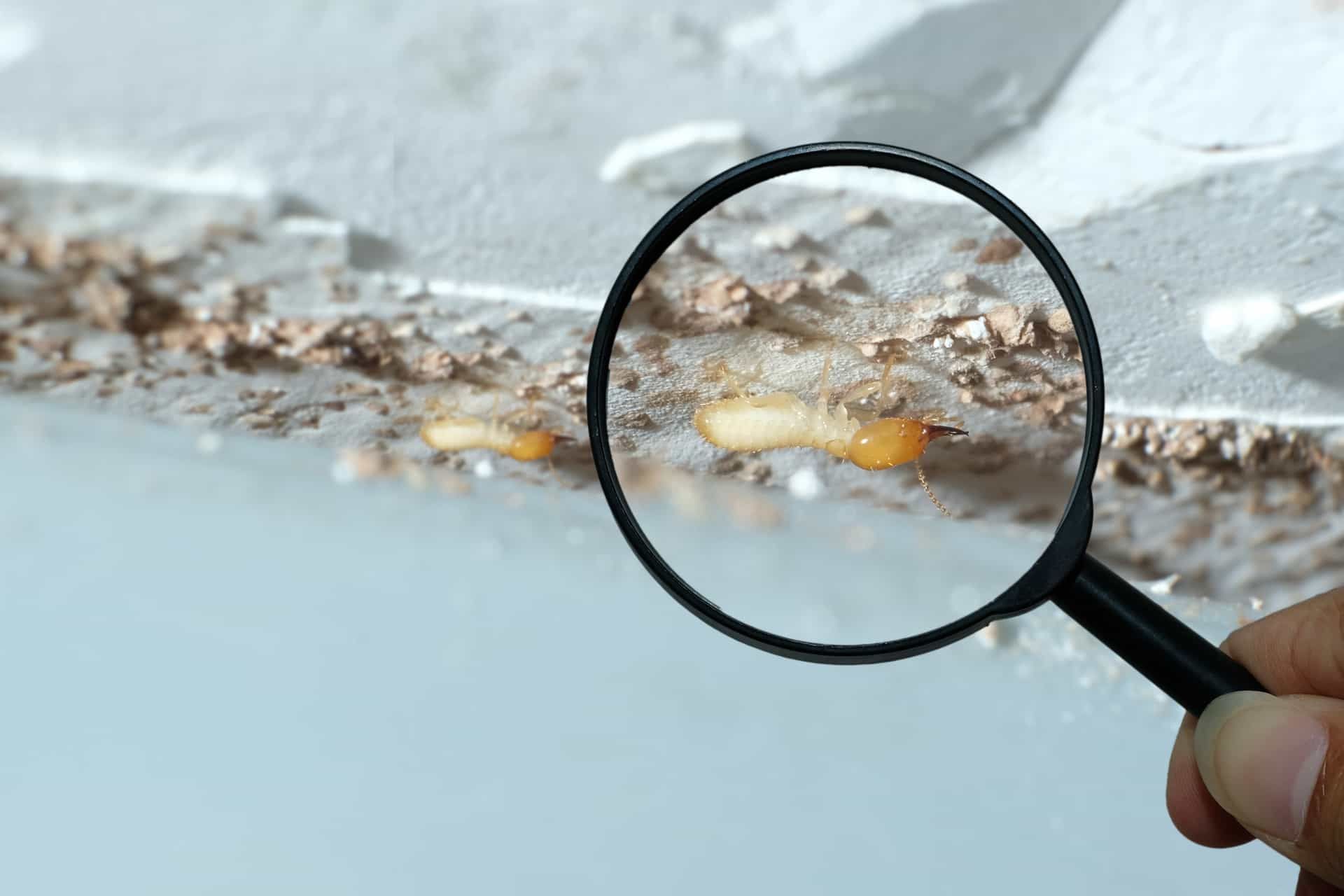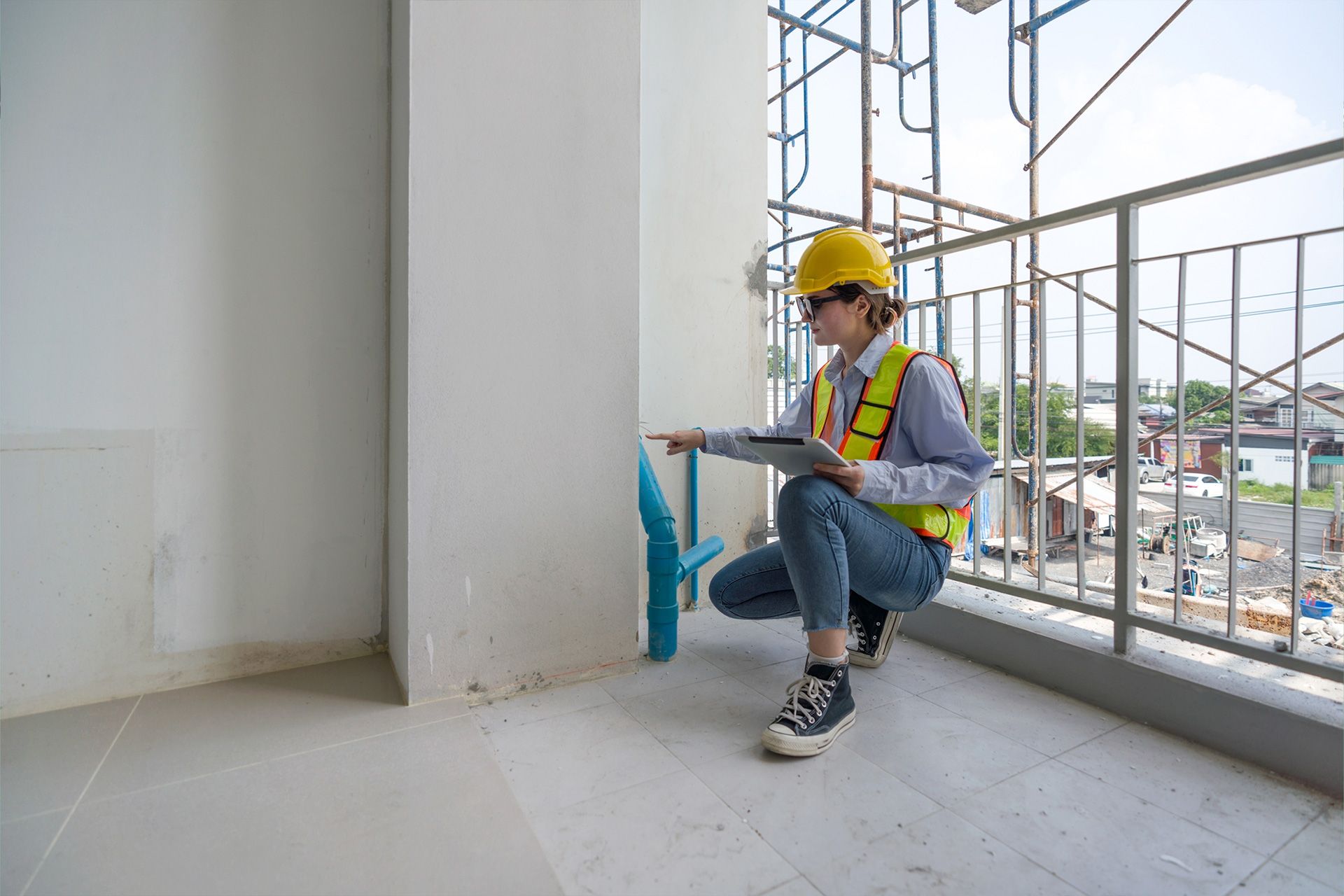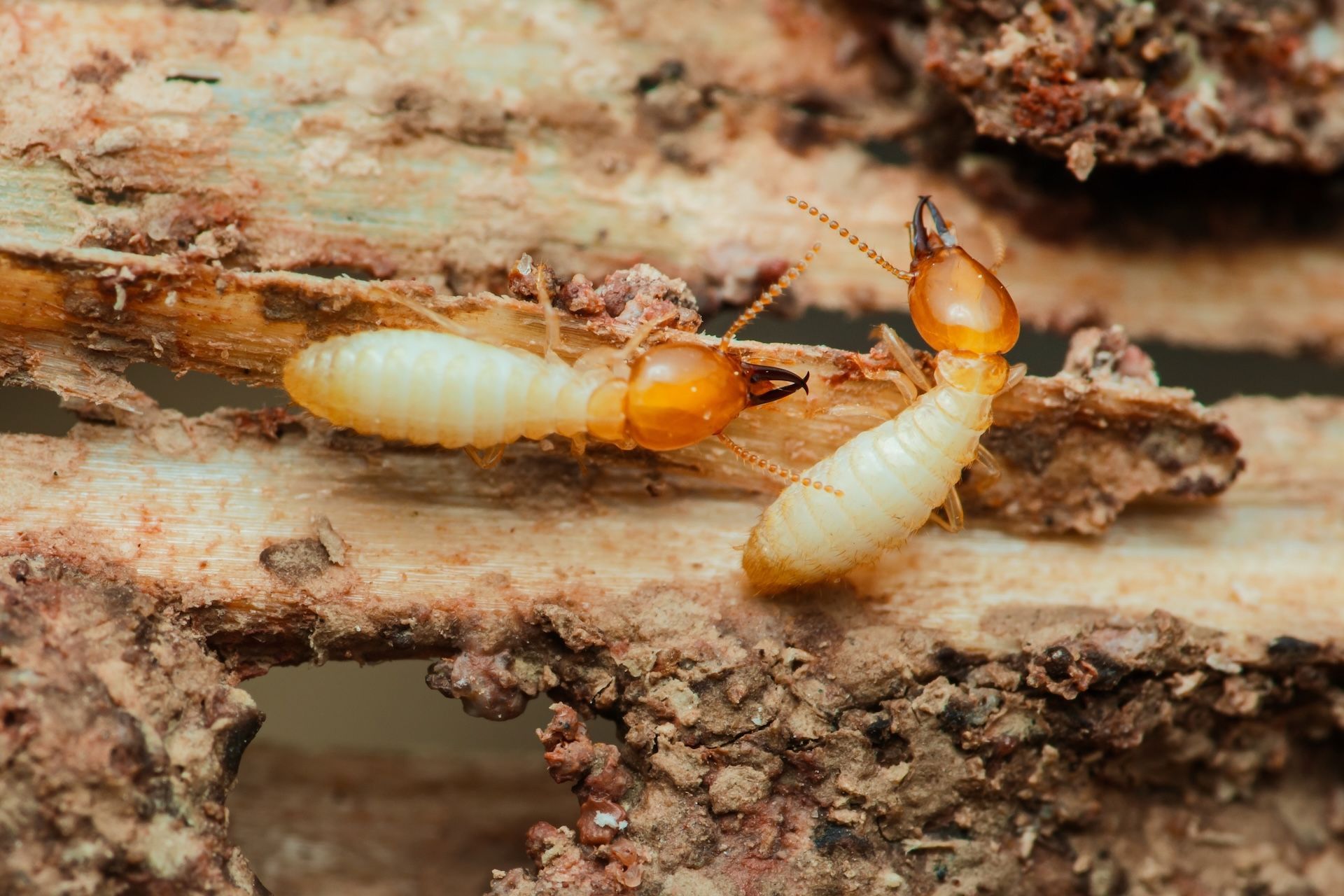How to Check if Your Septic Tank is Full: Signs, Solutions, and Preventive Measures
A well-maintained septic system is essential for any home that relies on one. It quietly handles all your wastewater until something goes wrong. One of the most common and costly problems homeowners face is a full septic tank. If ignored, it can lead to slow drains, foul odors, sewage backups, and even damage to your property or the environment.
In this guide, we’ll explain how to know if your septic tank is full, what to do about it, and how to prevent issues before they start. Whether you’re in Central Florida or South Florida, these tips will help keep your septic system running efficiently and safely.
How to Know if Your Septic Tank is Full?
Septic tanks are underground systems that treat and dispose of household wastewater. Over time, solid waste builds up at the bottom of the tank. When the tank is too full, the system can no longer separate and filter waste effectively.
Here are the most common warning signs your septic tank might be at or near capacity:
1. Slow Drains and Flushing Issues
If your sinks, toilets, or bathtubs are draining slower than usual, it might mean your septic tank is reaching its limit. Wastewater has nowhere to go and starts backing up in the system.
2. Gurgling Sounds from Pipes
When you flush the toilet or use the sink, gurgling noises may come from the pipes. This usually means that air is trapped in the plumbing due to clogs or a backed-up tank.
3. Unpleasant Odors Near Drains or Outdoors
If you smell something foul around your sinks, bathrooms, or outside near the septic system, it could be a sign of waste buildup in the tank or drainage field.
4. Standing Water or Soggy Ground
Water pooling around the septic tank or drain field, especially when it hasn't rained, is a red flag. A full tank may be pushing excess water to the surface.
5. Sewage Backup in Your Home
Raw sewage coming up through drains, toilets, or bathtubs is one of the most serious signs of a full tank. This is a health hazard and requires immediate professional help.
6. Lush Green Grass Over the Drain Field
If you notice that the grass over your septic area is much greener or thicker than the rest of your yard, it might be due to leaking wastewater, an early sign of system overload.
7. High Nitrate Levels in Well Water
For homes with private wells, high nitrate levels may mean that waste from the septic system is contaminating your water supply. Regular water testing is essential to detect this issue early.
Solutions for a Full Septic Tank
If you notice any of the signs above, it’s important to act fast. Letting the problem worsen can lead to environmental damage, health risks, and expensive repairs.
Here are the most effective solutions:
1. Call for Professional Septic Tank Pumping
The best solution for a full tank is a professional septic pumping. A licensed technician will remove sludge and solids from the tank, restoring its ability to work properly. In general, homeowners in Central and South Florida should have their tanks pumped every 3 to 5 years, depending on household size and water usage.
2. Reduce Water Usage
Until your tank is pumped, reduce water usage throughout the house. Fix leaks, run fewer loads of laundry and dishes, and take shorter showers. This lowers the amount of wastewater entering the tank and helps reduce pressure on the system.
3. Don’t Flush Harmful Items
Avoid flushing anything other than toilet paper and human waste. Items like baby wipes, paper towels, sanitary products, dental floss, and grease can clog pipes and fill your tank faster.
4. Use Septic-Safe Additives (If Advised)
Some homeowners use bacterial additives to help break down solids in the tank. While these products don’t replace pumping, they can support the system if used correctly. Always consult a professional before using additives.
5. Schedule a Septic System Inspection
A full septic system inspection can identify whether the issue is just a full tank or a bigger problem like a clogged drain field, broken pipe, or tree root intrusion. This is especially important if it's been more than five years since your last service.
Preventive Measures to Maintain Your Septic System
Avoiding septic tank problems altogether is easier and cheaper than fixing them later. Follow these preventive maintenance tips to keep your system in great shape:
1. Stick to a Pumping Schedule
Set a reminder to get your tank pumped every 3–5 years, depending on usage. Larger families or properties with higher water usage may need service more frequently. Regular pumping is the best way to avoid backups and overflows.
2. Practice Water Conservation
Excess water can overload your septic system. Install low-flow faucets and toilets, and stagger laundry loads throughout the week instead of doing them all at once. Every drop counts.
3. Keep the Drain Field Clear
Never park cars, store heavy items, or build over your drain field. Compacted soil and damage from weight can reduce the soil’s ability to absorb wastewater. Also, don’t plant trees near your septic area—the roots can damage underground pipes.
4. Avoid Using Harsh Chemicals
Bleach, drain cleaners, and antibacterial soaps can kill the bacteria in your tank that help break down waste. Choose septic-safe cleaning products to keep your system healthy.
5. Be Mindful of What Goes Down the Drain
Don’t pour grease, coffee grounds, or food scraps down your kitchen sink. These items can clog your plumbing and reduce the tank’s capacity over time.
6. Schedule Regular Inspections
Even if everything seems fine, it’s a smart idea to have a professional inspect your system every few years. They can check for leaks, sludge levels, and potential issues before they become emergencies.
Conclusion
Knowing the warning signs of a full septic tank can save you from costly damage, environmental issues, and health risks. Whether you’re seeing slow drains, sewage odors, or pooling water, these are all signs that your system may be at capacity. The good news is that with regular maintenance, inspections, and water-saving habits, you can keep your septic system working smoothly for years.
If you're located in Central or South Florida and need help with your septic system, the team at Guardian Angel Inspections is here to assist. We offer professional septic inspections, real estate evaluations, and expert advice to homeowners throughout the region
Call Guardian Angel Inspections — Proudly serving Central & South Florida with certified septic system services you can trust. Contact Us Today
FAQs About Full Septic Tanks
How often should I have my septic tank pumped?
Most households need septic pumping every 3–5 years. Larger families or heavy water usage may require more frequent service.
Can I check my septic tank myself?
While you can spot surface signs like slow drains or odors, inspecting the tank itself is best left to licensed professionals for safety and accuracy.
Are septic additives worth using?
Bacterial additives can help improve system efficiency, but they don’t replace regular pumping. Always consult a professional before use.
What should I do if sewage backs up in my house?
Stop all water usage immediately and contact a septic service provider. Backups are dangerous and require urgent attention.
Can heavy rain cause septic tank problems?
Yes. Heavy rain can flood the drain field, causing your system to back up or drain more slowly. Avoid doing laundry or using excessive water during storms.
Disclaimer: The information on this website and blog is for general informational purposes only and is not professional advice. We make no guarantees of accuracy or completeness. We disclaim all liability for errors, omissions, or reliance on this content. Always consult a qualified professional for specific guidance.
Share this entry







